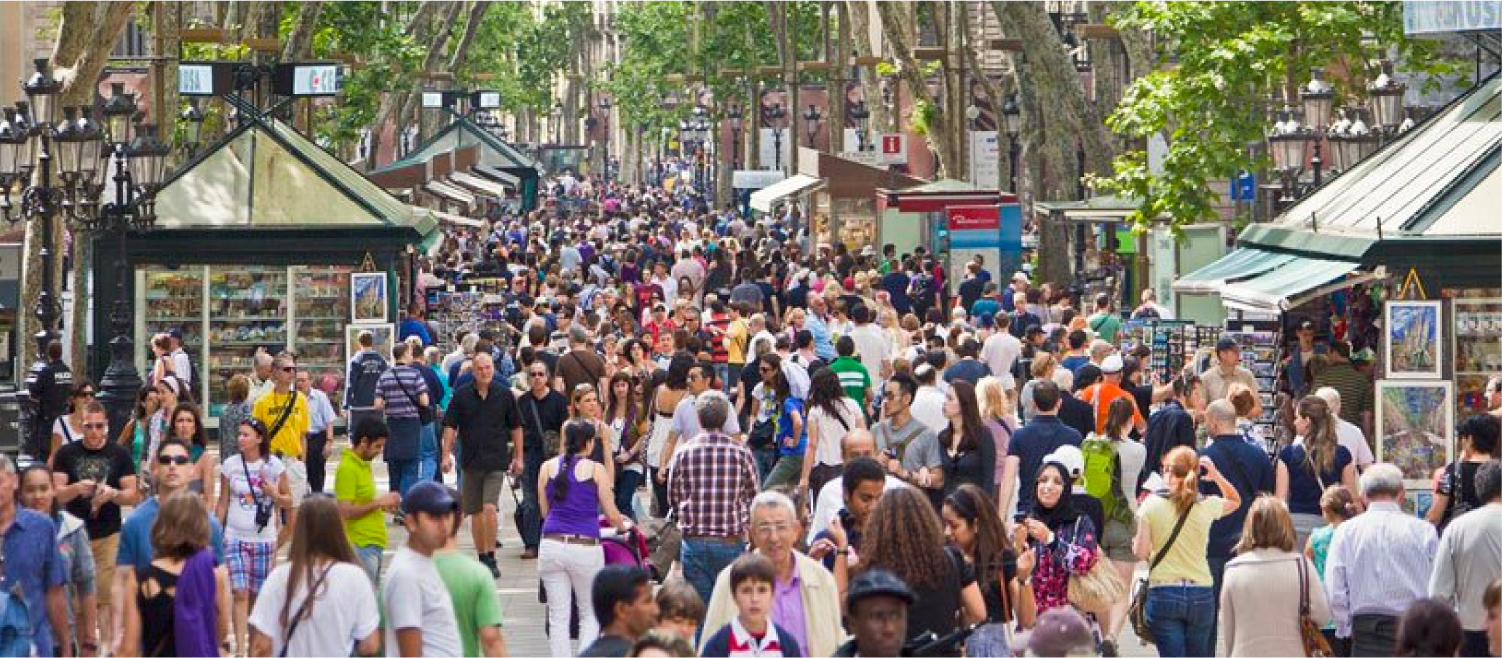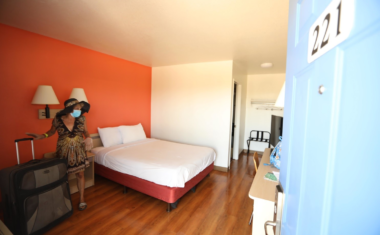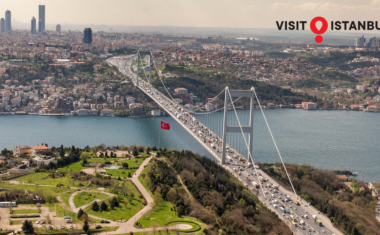The Special Tourist Accommodation Plan (PEUAT)
- 5
- 9 min to read

About Barcelona. Barcelona is one of the world’s leading tourist destinations.
Goal
The main goal is to regulate and control tourist accommodation in the city and guarantee residents’ fundamental rights. The purpose of the PEUAT is to improve the quality of life of Barcelona’s citizens and build.
Implementation period. On Monday, 6 March 2017, the Special Urban Plan for Tourist Accommodation (PEUAT) came into effect with its publication in the Official Gazette of the Province of Barcelona (BOPB). The plan was approved by Full Council on 27 January 2017.
Fact
Around 9.12 million tourists staying in hotels in the city in 2018, representing a slight increase from 2017, but an overall increase of over 8 million people since 1990.
Solutions

The Special Tourist Accommodation Plan (PEUAT) regulates the introduction of tourist accommodation establishments, and youth hostels, collective residences with temporary accommodation and tourist apartments.
This regulation responds to the need to make tourist accommodation compatible with a sustainable urban model based on guaranteeing fundamental rights and improving the quality of life for city residents.
In addition to city-wide common conditions, the PEUAT defines four specific areas with their regulations. Each one is characterised by the distribution of tourist accommodation in its territory, the ratio between the number of tourist places available and the current resident population, the scope and conditions in which certain uses are provided, the impact of these activities on public areas and the presence of tourist attractions.

Area 1
No new HUTs (housing used for tourism) may be opened. The specific system in Ciutat Vella, which envisages regrouping these flats into a single building, will continue. When an establishment is closed in Area 1 (outside Ciutat Vella), a new establishment may be opened in Area 3, under the conditions determined for that area.
Districts included: Hostafrancs, Vila de Gràcia, Eixample, Sant Antoni, Poble Sec, Ciutat Vella, Vila Olimpica and Poblenou.
Area 2
Accommodation may be regrouped within the same area.
– They may only be located in blocks where the density per block does not exceed a ratio of 1.48% between the number of HUT and the number of dwellings (the average for this area) or filling an entire building with a maximum of 10 HUT (and, where applicable, with non-housing uses).
– When an establishment ceases its activity in SA-2, a new establishment may be opened in SA-3, under the conditions determined for that area.
Districts included: Les Corts, Sants, Font of the Guatlla, Sant Antoni, Baix Guinardó, Fort Pienc, Poblenou and Diagonal Mar.
Area 3
Accommodation may be regrouped within the same area.
-A new establishment may be opened when a SA-1 (outside Ciutat Vella) or SA-2 establishment ceases its activity, up to a maximum of 387 establishments (4% of the current number in the city).
– They may only be located in blocks where the density per block does not exceed a ratio of 1.48% between the number of HUT and the number of dwellings (the average for the maintenance area) or until filling an entire building with a maximum of 10 HUT (and, where applicable, with non-housing uses).
Districts included: Les Corts, Sarrià, Vallcarca, Horta, Guinardó, La Sagrera, La Verneda and Nou Barris.
Area 4
New HUT are not permitted in these areas.
It is expected that these districts below have independent regulation.
Districts included: La Marina del Prat Vermell, La Sagrera y 22@ Nord.
Why has this been done?
-
To ease pressure on those areas of the city most affected by tourism.
-
To provide a response to city residents’ concern and discontent regarding the phenomena arising from tourism, given the disproportionate, unregulated and uncontrolled increase in the number of tourist accommodation places in the city.
-
To find an urban balance and diversification which ensure that tourism activities, and especially tourist accommodation, fit in with other economic activities and that this is sustainable.
-
To guarantee the right to housing (no type of tourist accommodation may replace a dwelling), rest, privacy, the well-being of local residents and spatial quality.
How to get licenses?
-
Application: fill in and submit the license application form.
-
License building use: if you want to allocate a flat to tourist housing and it is located in a block of flats, it is necessary to change the license of use of the whole building.
-
Free license: if no new licenses are awarded within the area, it is up to the owner to find someone who wants to cancel their tourist license and to transfer it.
-
License registration: if following application the Barcelona City Council grants you the license for a tourist apartment, you will have to pay a €227 license registration fee.
Team
The Barcelona City Council
Timeline
Important to highlight, some big cities adopt the same model as Barcelona, establishing a moratorium on the granting of licences for tourist accommodation.
If you notice an error or inaccuracy in our editorials, please email [email protected] so we can look into it.


